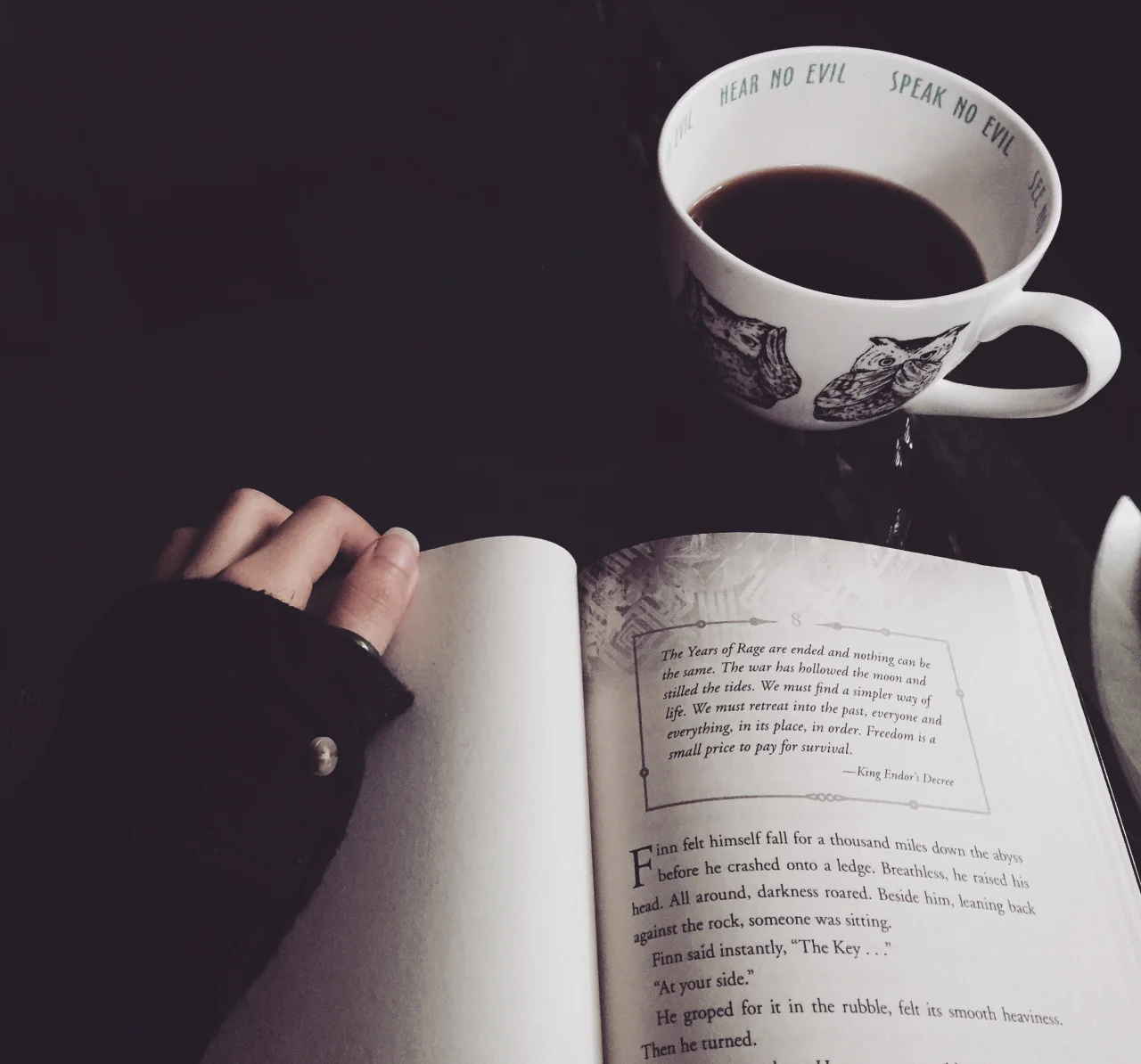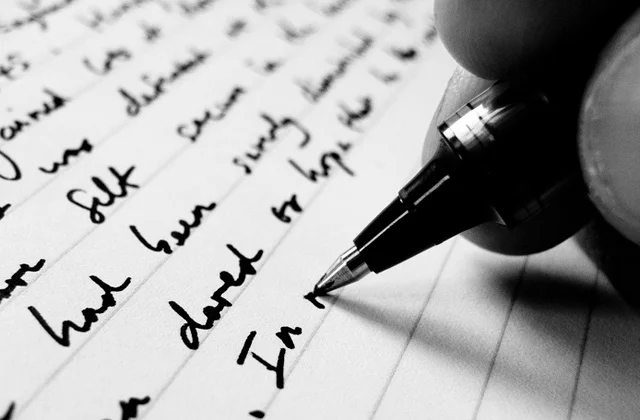Part I: Identifying and Choosing Themes
If you learned nothing else from your high school English classes, you probably know how to detect the theme of a piece of writing. So why is this one piece of a story so important, and how do we effectively implement it into our own writing?
What is theme?
Theme is the vessel in which your story moves along. Theme is the overall significance of the book, the end goal, the main point. Theme is the statement you, as the author, make about the subjects of your story.
So, why is it important?
By using a well-crafted theme, you can emotionally draw in the readers and connect them to the characters and their arcs. This leaves readers with a sense of the overarching importance of your book.
However, themes can go downhill, and fast. Often we’re taught to clearly outline the theme in our work, and it becomes a textbook moral-of-the-story sermon. Preaching your thematic statement to your audience has the opposite effect, driving your readers away from the story. It’s important to note that audiences like to come to conclusions on their own. Don’t just hand them the theme—you must be more subtle than that.
Choosing a theme
There are countless approaches to theme. Sometimes they can simply be underlying ideas, sometimes they are lessons learned, and sometimes they are comments on the human condition. Oh, and you can have multiple themes as well. With all these to choose from, how do you begin?
Start with identifying a few topics or central ideas—coming of age, love, good vs. evil, independence. These will be your themes. The way you write about them and tie them to your characters’ journeys is how you convey your intended message. These will be your thematic statements. For example:
“To Kill a Mockingbird” by Harper Lee
·Theme: Coming of age
·Thematic statement: Moral education during childhood and adolescence is crucial to becoming kind and upstanding adults.
“A Midsummer Night’s Dream” by William Shakespeare
·Theme: Love
·Thematic statement: Love, though essential to our beings, is often irrational, messy and difficult to balance.
“Harry Potter and the Sorcerer’s Stone” by J.K. Rowling
·Theme: Good vs. Evil
·Thematic statement: Good will always triumph over evil in the end.
“The Awakening” by Kate Chopin
·Theme: Independence
·Thematic statement: A life of independence often brings about solitude for better or worse.
So, find your themes, decide what your statements concerning them will be, and we’ll discuss building these into your writing in Part II of this post!







































